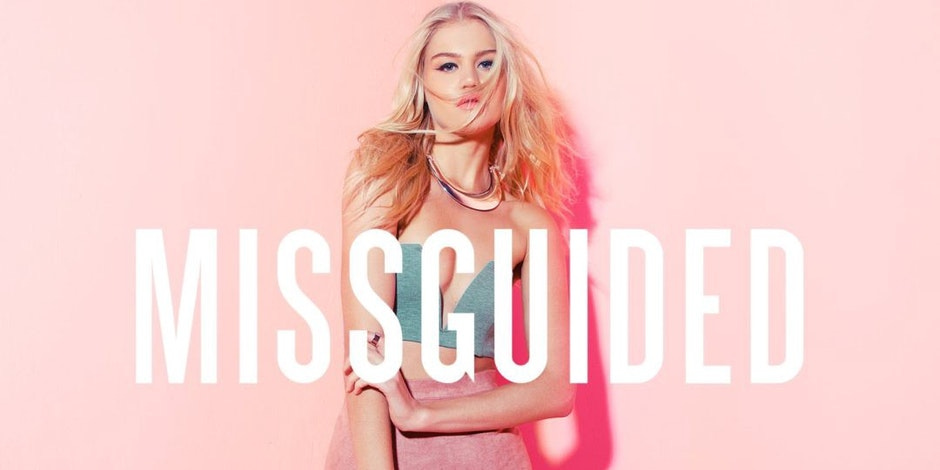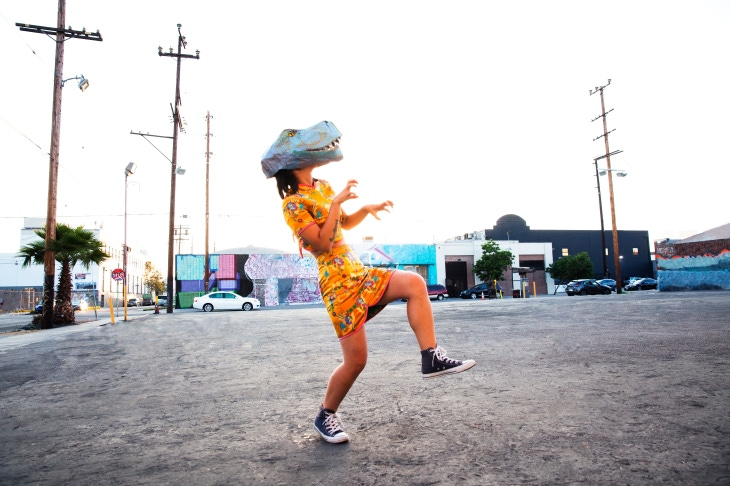FOR MISSGUIDED, INFLUENCERS ARE TAKING THE PLACE OF AD AGENCIES
What’s it about?
Missguided is now investing more into their influencer marketing programme than it does on out of home advertising or TV. Increasing its reliance on creators, the company believes that creators are able to take the place of ad agencies, full funnel; from ideation to distribution.
Headline Quote
“If we can produce campaigns with creators every two weeks or monthly where they’re getting that key product message out, that’s saving on the creative cost of sending a team out to shoot on location. There’s just not a need to do that. We’re looking to utilize creators more to produce those assets”
Our Take
The article focuses heavily on a few ideas around why Missguided is investing more into creators VS ad agencies:
Agility / turnaround time
Ability to measure
Cost reduction
There’s something that’s not included in this article that I think is important to bear in mind. When you work with content creators; you’re working with people that are extremely audience driven, and know how to add value. Everything they do/say revolves around their audience(s).
When collaborating and requesting input from creators; I would envision that there is less opportunity for potential disconnects to occur between content & audience. We have to consider that there is an incredibly fine line between content that hits all the messages from a brand perspective, as well as entertains / converts an audience - and I for one believe that creators should play a much more pivotal role in that piece.
SMALL CREATORS ARE BIG BUSINESS
What’s it about?
This TechCrunch article breaks down the link between tech & influencers within in the creator economy, in addition to the “unravelling” of the superstar model.
Headline Quote
“In the age of the individual creator, creator tech’s responsibility to the creators themselves is as much an ethical position as it is one of self-preservation. (No creator tech without a full thriving ecosystem of smaller creators, to err on the side of the obvious.) The superstar economy is ceding ground to independent creators with dedicated followings scattered across platforms and mediums.”
Our Take
One thing that stood out to us was the finishing note of the article. The article says that in order for the creator economy to thrive, its creators must thrive first.
This is something that now is a fairly common thought, but we do also have to consider that Instagram started in late 2010 and therefore had quite the head start to champion its creators, develop creator funds and algorithms to allow for their creators to thrive. Instead, it arguably chose to do the bare minimum until TikTok became a serious challenger. Now it has earmarked $1 billion (!) to lure creators back to its platform.
There is a lot happening within this space and it’s definitely one to keep an eye out on; with influencer shopping platform LTK being valued at $2 billion, and banks developed especially for the creator space securing millions in Series A.
🏭 This week’s must-reads
We’re particularly enjoying the juxtaposition between the 2nd and 3rd links; an influencer-led shopping platform being valued at $2billion based on the impact that creators can have on sales, vs the study that claims quite the contrary.
Ogilvy PR presents influence trends for 2022 in new report
"Throughout our report, we showcase the key growth areas — the industry's confidence and indeed the newfound infrastructure — which makes its positioning undeniable. The future of influence is the future of marketing, and in 2022, the brands who recognise this will be the brands that we’re talking about in 12 months' time”
Inside LTK, the influencer shopping platform that was just valued at $2 billion
“Creators have a unique ability to put products into context for niche consumer groups. When a product is contextualized by a creator that a consumer has chosen to follow, it puts that product in a light that is native and meaningful to that micro-community; this is the future of retail and marketing”
Just 6% of consumers believe they are swayed by influencers
“While influencers have a place in today’s marketing mix, it appears they aren’t as effective in winning shoppers over as some may have been led to believe and don’t necessarily inspire trust in a brand. Rather, consumers seem to place more stock on what the people they know and trust think of brands and products, suggesting that brands would be better placed to focus their attention on protecting their brand from the threat of counterfeiting and maintaining their reputation.”
Amazon’s Growing Influencer Ambitions; An Instagram Thread Trend
Amazon has emerged as a key player in the creator economy, from its gaming live-streaming service Twitch to the Clubhouse competitor it is reportedly working on. But a less well known part of Amazon’s ambitions is how it has been tapping into creators to recommend products on its ecommerce site for years.
Marketers from Sky, Klarna, Heineken & more on how to unlock influencer ROI
Influencer marketing is not just a digital strategy – it’s a media that you’re buying and needs to be part of the full marketing ecosystem and media mix, not just a percentage of a digital budget. That was the consensus among leading marketers from Sky, Klarna, Heineken, Philips and William Grant & Sons who took part in a closed roundtable discussion at The Drum and Whalar’s Influencing the World digital event.





